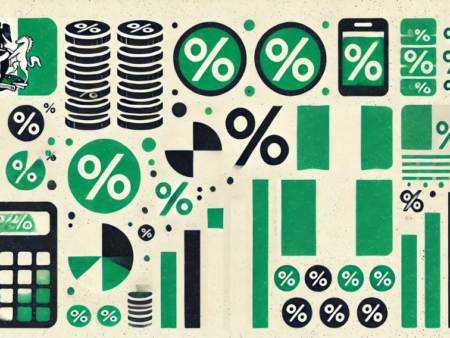The sports betting landscape in Nigeria has undergone significant transformations in recent years, driven by technological innovation and changing consumer preferences. The 2023 National Lottery Regulatory Commission International Gaming Conference (IGC) shed light on these developments and the challenges that accompany them.
The COVID-19 pandemic disrupted various sectors worldwide, including sports betting in Nigeria. To adapt to post-pandemic consumer demands, the industry embraced technology-driven innovations, leading to impressive growth. In 2020, an estimated 60 million punters engaged in online sports betting in Nigeria, a testament to the sector’s resilience and adaptability.
Bello Maigari, CEO of the National Lottery Trust Fund, highlighted the role of technology: “By embracing technology platforms that offer transparent data analytics through international collaborations, the government could enhance tax revenue generation from this sector, potentially reaching levels comparable to Germany’s 90 per cent tax contribution.”
The shift from traditional physical betting to online platforms not only sustained the industry but also fueled its expansion. However, this transition also brought unintended consequences, such as illegal gaming operations, underage betting, and cybersecurity concerns. These challenges have complicated the regulatory landscape.
The Role of Technology and Regulatory Uniformity
Lanre Gbajabiamila, Director-General of the National Lottery Regulatory Commission (NLRC), highlighted the need for regulatory uniformity: “Technology has fundamentally reshaped how we perceive and engage in the gaming industry.
This digital era has a higher appeal than the traditional instrument employed in the gaming industry, demanding a comprehensive re-evaluation of the regulatory framework and strategies.” Gbajabiamila stressed the commitment to tackle emerging challenges while ensuring the industry’s integrity and security.
Overcoming Sociocultural Challenges
The sports gaming industry faces disapproval in Nigeria and across Africa due to deeply rooted sociocultural and religious beliefs. Patricia Ibiene, Permanent Secretary of the Ministry of Special Duties and Intergovernmental Affairs, emphasized the role of education in enlightening the public about the sector’s revenue-generation potential.
Patricia Ibiene urged stakeholders to prioritize information dissemination: “We also realize that most of local football fans use motorbikes to access stadia during football matches and that dictated our decision to introduce the Chomoka na Nduthi campaign.”
Ibiene also highlighted the significance of “good causes” and social initiatives funded by lottery proceeds. Increased activity in the sector can lead to higher revenue generation, directly benefiting these charitable causes.
Global and Local Perspectives
The NLRC International Gaming Conference provided a platform for stakeholders to collaborate and share insights. With a Compound Annual Growth Rate (CAGR) of 6.99%, the gaming industry in Nigeria is expected to reach $5.6 billion by 2030, highlighting promising opportunities amid persistent challenges.
The conference, which can be watched on the NLRC YouTube channel, solidified Nigeria’s position as a leader in sub-Saharan Africa’s sports betting sector with a global perspective. It aligns with the vision of establishing shared value systems and reaching amicable resolutions, as emphasized by Minister of Special Duties Zephaniah Bitrus Jisalo.
The sports betting sector in Nigeria continues to evolve, driven by technology and innovation. As it navigates challenges and embraces opportunities, the industry remains a dynamic and influential player in the local and international gaming landscape.

